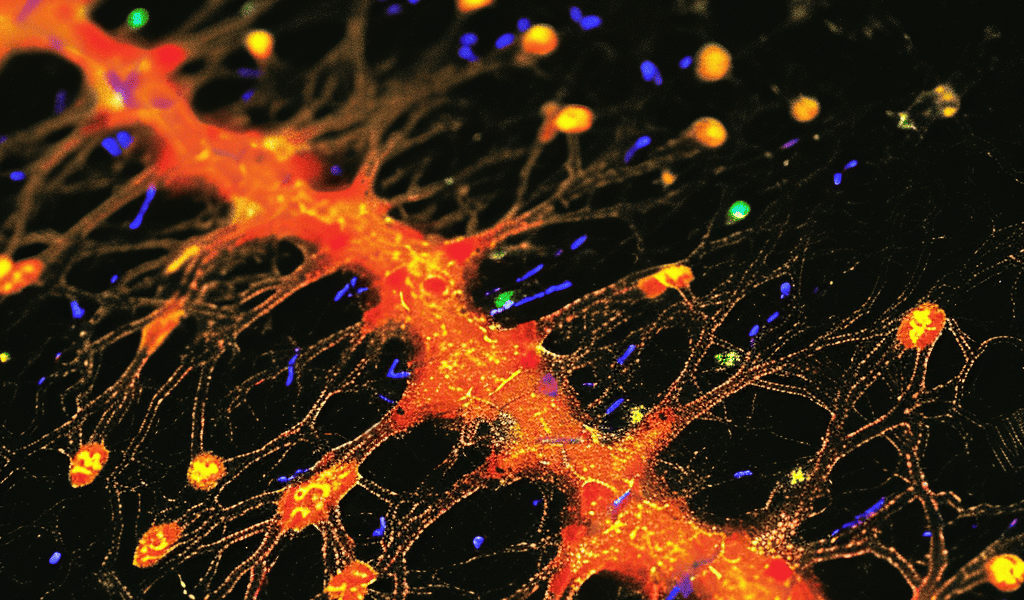Researchers Discover Connection Between ALS Progression and Mitochondria-Associated Membranes
Researchers at Nagoya University in Japan have made a significant discovery in the study of amyotrophic lateral sclerosis (ALS), also known as Lou Gehrig’s disease. Their research, published in the Proceedings of the National Academy of Sciences, has revealed a connection between the progression of ALS and the disruption of mitochondria-associated membranes (MAM), the point of contact between the mitochondria and the endoplasmic reticulum (ER) of the cell.
ALS is a complex disease that affects motor neurons, and previous studies have indicated the involvement of mitochondria and the ER, specifically at the MAM. However, the precise mechanisms underlying the disease progression have remained unclear.
The researchers focused on TANK-binding kinase 1 (TBK1), an enzyme with a crucial role in various biological processes, including inflammation and the removal of damaged proteins from cells. Mutations in the TBK1 gene have been linked to ALS, but the specific ways in which TBK1 malfunctions contribute to the development of the disease have not been fully understood.
The team, led by Koji Yamanaka at Nagoya University’s Research Institute of Environmental Medicine, collaborated with Masahisa Katsuno of the Graduate School of Medicine to investigate further. They discovered that brain and spinal cord tissues in ALS patients, as well as mice with disrupted MAM, showed decreased activation of TBK1.
Seiji Watanabe, the first author of the study, explained, “TBK1 is crucial for stress response in motor neurons. If we reduce its activity, it will result in reduced tolerance to stressors, leading to neurotoxicity and eventual motor neuron death. This finding is particularly significant because abnormal protein accumulation and the resulting stress cause ALS and other neurodegenerative diseases.”
The researchers also found that when MAM is disrupted in ALS, TBK1 activity decreases. Administering arsenite, an agent that lowers TBK1 activity and disrupts MAM, to mice resulted in the mice exhibiting motor problems similar to ALS.
Yamanaka emphasized, “Our study sheds light on the crucial role of TBK1 and the disruption of MAM in the progression of ALS. Understanding these mechanisms is essential for the development of potential treatments and interventions for this devastating neurodegenerative disease.”





